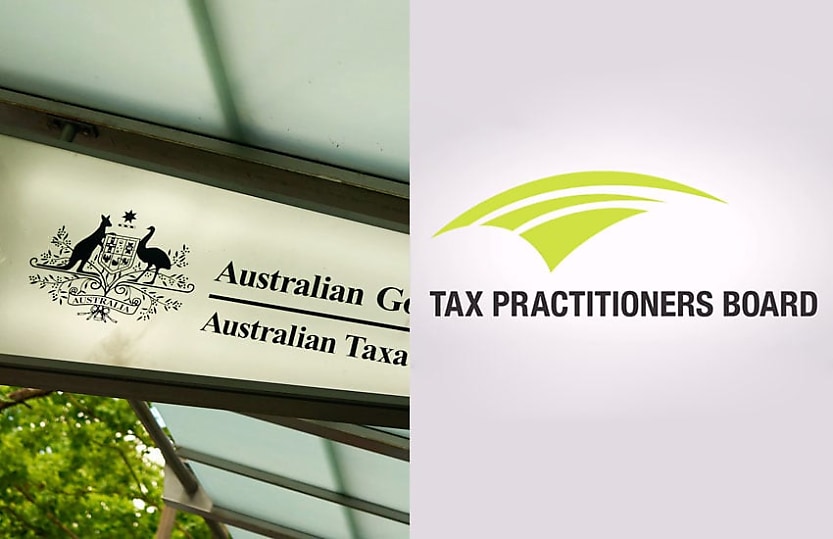Joint bodies reject moves to expand ATO powers into criminal law

Major accounting bodies have opposed a proposal to expand the ATO’s powers into criminal law enforcement and strengthen its ability to access certain types of data.
The expansion of the ATO’s powers into criminal law enforcement is unnecessary with Australia’s framework for the enforcement of law through its various laws already well-established, according to CPA Australia and CA ANZ
In response to the review into tax regulator information-gathering powers, the joint bodies said there had been little evidence provided as to why the existing systems must be changed.
“We do not support the expansion of the ATO’s powers into criminal law enforcement,” the accounting bodies said in the submission.
“Australia has a very well-established framework for the enforcement of criminal law through its various criminal law agencies and the ATO should work with these criminal law agencies to ensure appropriate application of the law, with a clear separation of civil and criminal powers.”
The review also explores whether the ATO and Tax Practitioners Board should be able to independently access telecommunications data and stored communications and issue notices to produce documents concerning tax-related crime.
The professional bodies said they would not support these proposals and stressed that the ATO is not a criminal enforcement agency like the police force.
“The ATO’s existing formal powers for civil and administrative investigations are already extensive, with wider powers than many law enforcement agencies,” the submission said.
“We therefore do not support enabling the ATO to independently access telecommunications data and stored communications.”
Whilst the ATO cannot independently access electronic surveillance, the professional bodies noted that the Tax Office can do so through its membership in the Serious Financial Crimes Taskforce and other similar taskforces.
“Little evidence has been produced as to why these existing systems are inadequate,” the submission said.
“Working with the Australian Federal Police, which deals with criminal proceedings daily, provides a natural check and balance on the appropriateness of whether the ATO can access data and the conduct of officials.”
The professional bodies also noted that the consultation paper had given limited consideration to other options for helping the ATO fulfil its functions.
“[This includes] improving processes with prescribed taskforce procedures, increasing resource allocation to prescribed taskforces or creating a new prescribed taskforce, such as one that deals with sales suppression software,” the submission said.
“Discussion of these options, rather than further increasing the already substantial power of the ATO should be considered.”
The joint bodies said they are supportive in principle of expanding the TPB’s information-gathering powers to better enable it to administer the regulatory regime.
“However, our support is conditional upon any new coercive powers being carefully considered and designed. Further detail is needed on such powers and how they will be applied,” the submission said.
A range of regulatory changes have been made since the initial discussion paper was released enabling more organisations to exchange information with the TPB.
“The Joint Bodies are supportive of the TPB being able to conduct investigations efficiently and effectively – this is essential to ensuring that agents engaged in egregious behaviour are removed from the profession. However, a whole-of-system view of this change is needed,” they said.
CPA Australia and CA ANZ said there is a danger with the proposed change that multiple investigations could occur simultaneously or that privacy laws could be undermined.
“As a matter of principle, new coercive powers should only be granted in exceptional circumstances and where existing powers do not adequately address an identified law enforcement need,” the bodies said.






